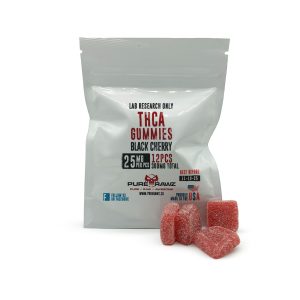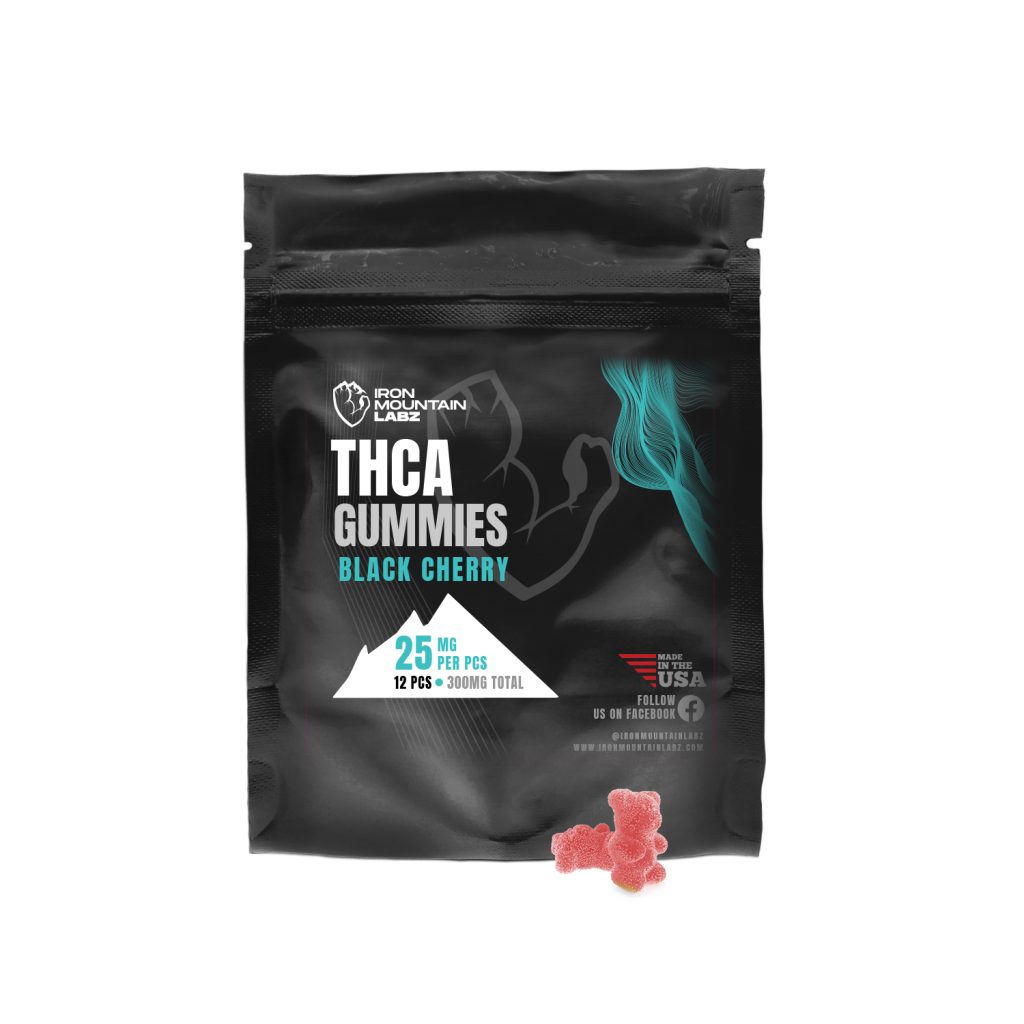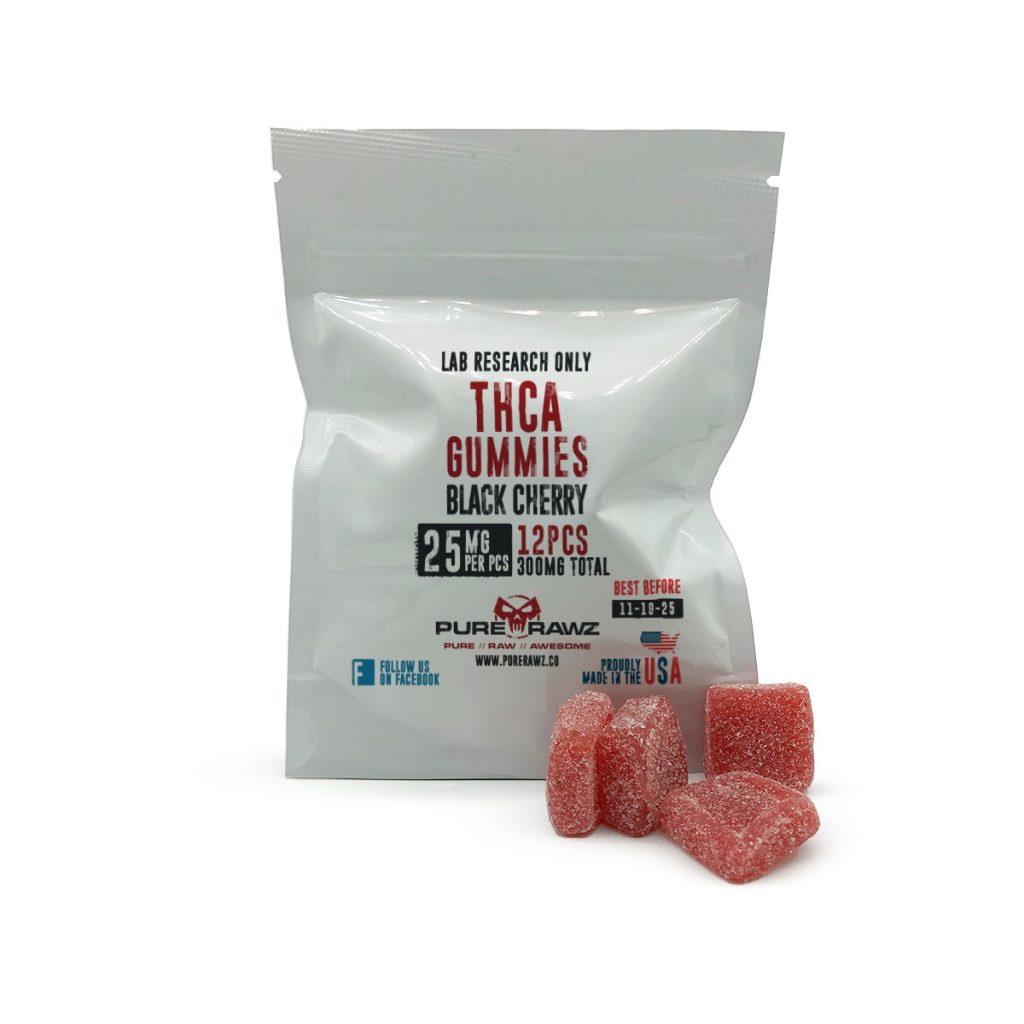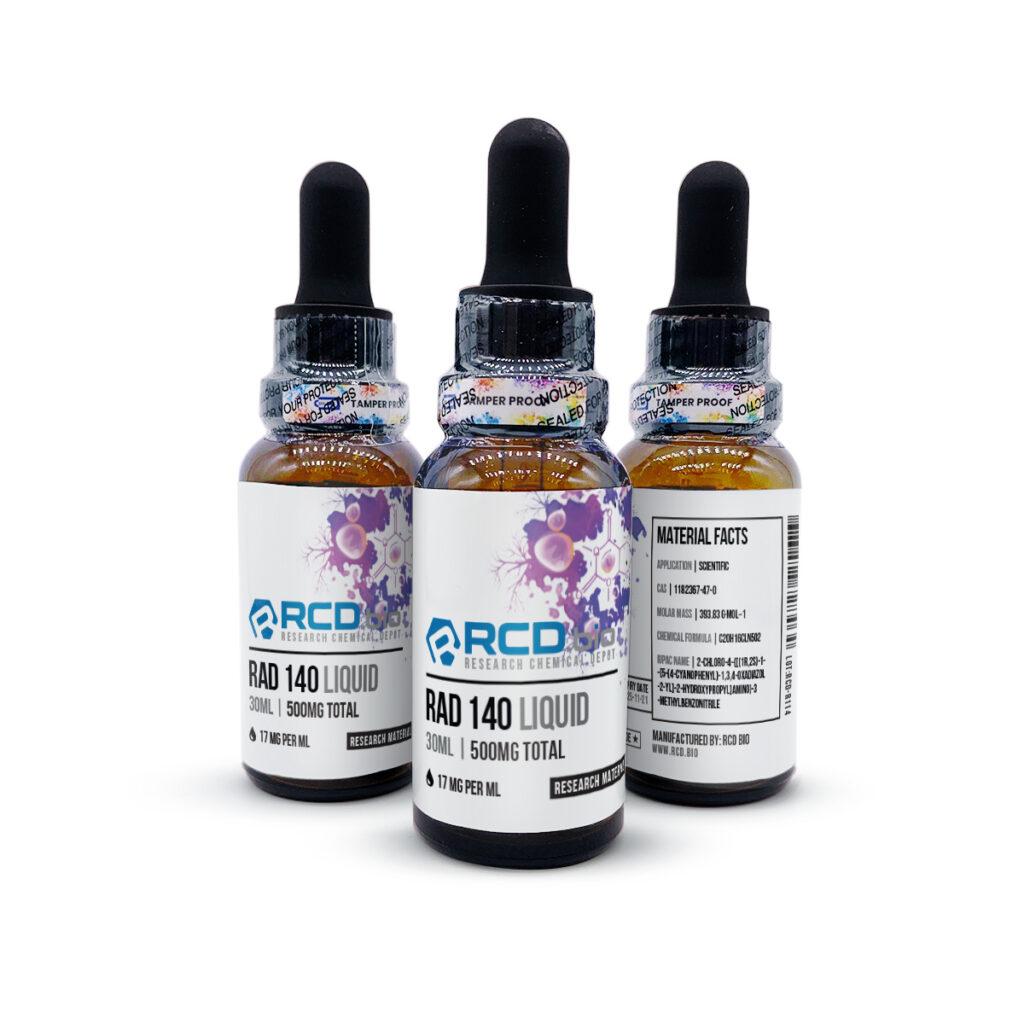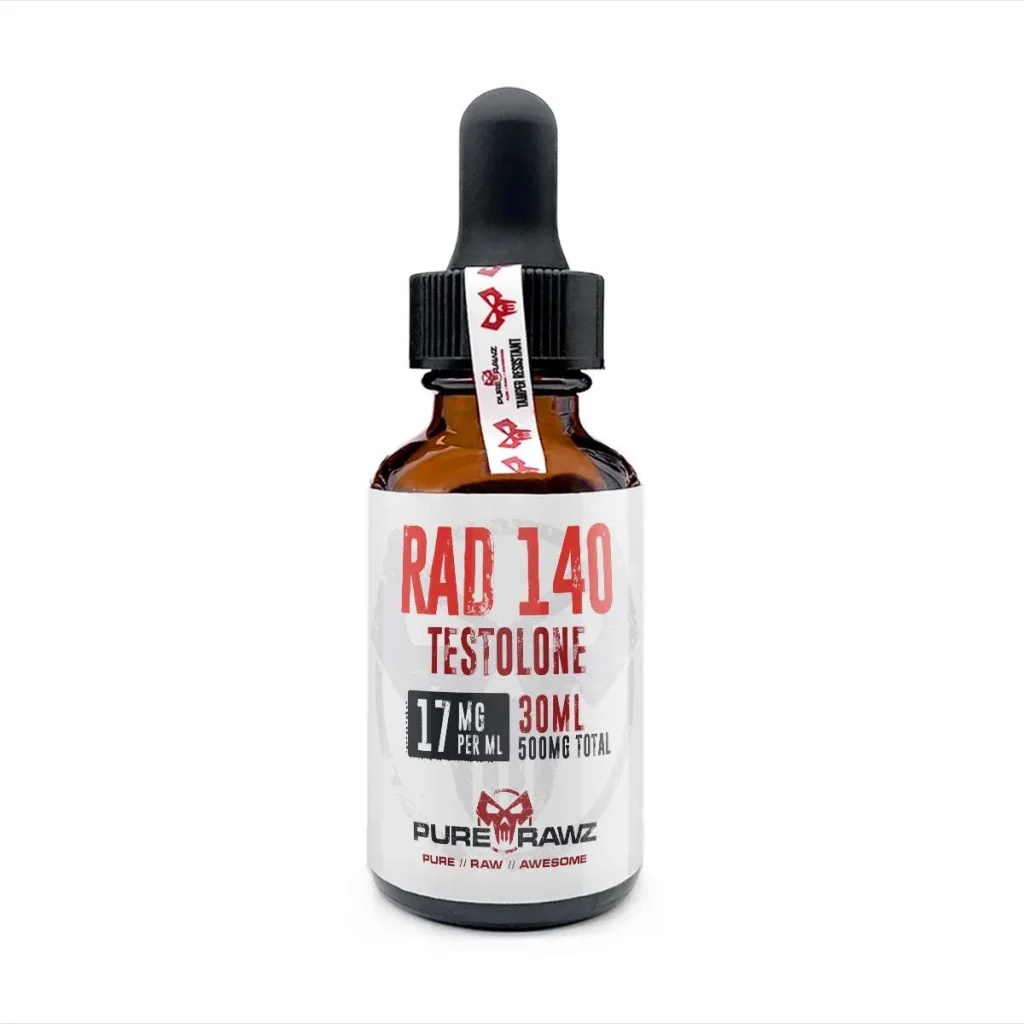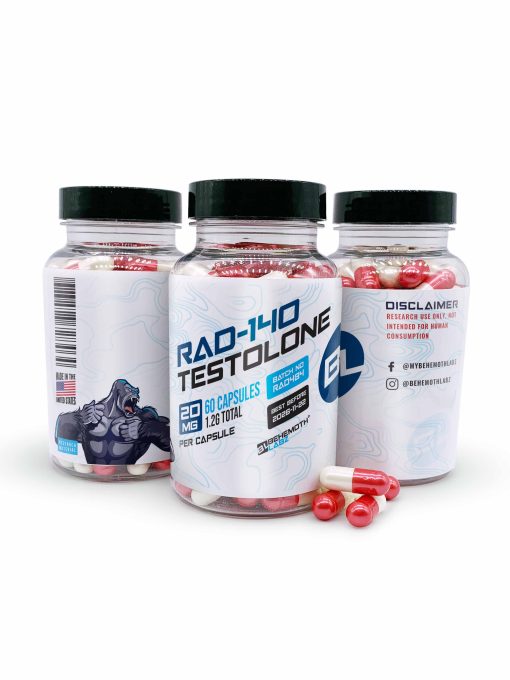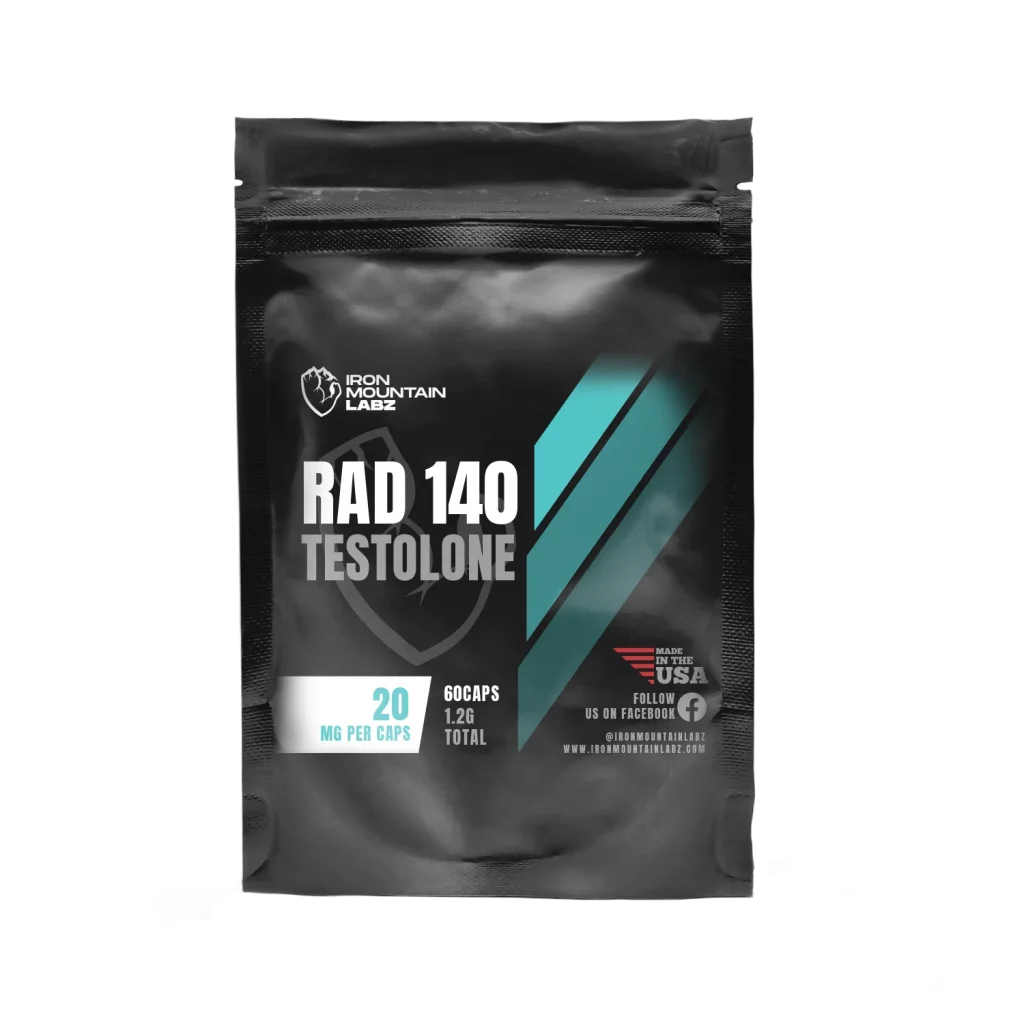THCA products are one of the most talked-about things in the hemp industry right now, especially with growing debates around whether THCA is legal in Pennsylvania and other states. The buzz isn’t just about its effects. You might hear big questions like: Is THCA legal to ship? Their legal status is a tricky subject, especially when it comes to shipping rules.
In this guide, we’ll unpack the complexities of shipping cannabis products. This will cover federal legality, state-specific laws, and how cannabis dispensaries and buyers can stay on the right side of legal compliance. After all, no one wants an illegal product showing up at their doorstep, right?
What is THCA?
THCA (tetrahydrocannabinolic acid) is a non-psychoactive cannabinoid found in cannabis and hemp plants. That’s why it won’t get you high in its raw form. But once decarboxylated (heated), it converts into Delta 9 THC, which is the psychoactive compound in cannabis that’s associated with marijuana.
It helps to remember that products with high THCA content can act like THC once consumed or heated. This creates a legal gray area when it comes to shipping rules.
Is THCA Legal to Ship?
Yes, but only under specific conditions, and it largely depends on where you’re sending it. In some states, THCA products must comply with the 2018 Farm Bill. However, the situation is complicated due to federal ambiguity, state-level restrictions, and carrier policies.
You may not be allowed to ship legally if any of the following apply: THCA content is too high or the product becomes psychoactive after decarboxylation. The destination state treats tetrahydrocannabinolic acid as illegal marijuana. You use carriers that prohibit cannabis products.
The bottom line is: shipping THCA is legal only under specific conditions. Missteps can lead to package seizures or legal consequences.
The Farm Bill and Tetrahydrocannabinolic acid Legality
The 2018 Farm Bill legalizes hemp products as long as they contain less than 0.3% Delta-9 THC. This legal gray area complicates shipping rules for most hemp. To stay in legal compliance, it’s best to verify the legality and the COAs from reputable sources and shipment arrangements.
THCA and Federal Law
The federal legality of THCA mainly depends on the 2018 Farm Bill. But, the bill doesn’t specifically mention it. That’s why it leads to varying interpretations at the federal level.
However, the Drug Enforcement Administration (DEA) considers THCA count in the total THC levels. So even if the product comes from legal hemp, it might be treated as marijuana under federal law.
State laws: A Patchwork of Regulations
Across the United States, THCA’s legal status is inconsistent. Some states may have their own hemp laws, while most are based on the 2018 Farm Bill. No matter what, it’s still better to do your own research for your area.
Here’s a look at how some states handle the shipment of THCA:
- ➢ California: Allows shipments only if they comply with state limits.
- ➢ Illinois: Legal, but requires strict and legal documentation.
- ➢ Kentucky: Likely prohibits shipments due to recent state actions.
- ➢ Missouri: Shipments are legal as long as they follow state laws.
- ➢ Nevada: Allows legal shipping for licensed dispensaries.
- ➢ New Mexico: Shipments are legal with valid COAs.
- ➢ North Carolina: Shipments are legal if they follow federal laws.
- ➢ Ohio: Legal, but must adhere to the 2018 Farm Bill.
- ➢ Pennsylvania: Shipments are legal under strict regulation.
- ➢ Texas: Legal, but with strict regulations.
- ➢ Virginia: Shipping is legal as long as it follows the 2018 Farm Bill.
Shipping THCA Products: What You Need To Know
If you’re planning to buy or ship cannabis products, it’s best to follow guidelines and stay within legal boundaries. When it comes to various carriers, try to research and inquire first with their authorities. Here’s what you need to know when it comes to shipping:
- ➢ Make sure you have a valid COA (Certificate of Analysis) showing that the THCA content meets legal THC limits, and remember that even THC gummies can expire if storage and packaging aren’t handled correctly.
- ➢ Use discreet packaging with no cannabis branding that may suggest the package contains marijuana.
- ➢ Don’t ship to states where cannabis products are restricted.
- ➢ Keep thorough and valid records to prove the THCA’s legality in case you’re inspected.
Now that you’ve learned the basics, here are the major shipping companies in the U.S. and how they handle shipments of cannabis products. But beware that these couriers may inspect or even seize any packages that violate their bylaws.
USPS (United States Postal Service)
USPS may ship THCA products that comply with the 2018 Farm Bill. To proceed with shipment, you must present a COA and verify that your product complies with federal regulations.
UPS (United Parcel Service)
UPS accepts cannabis products as long as they follow all federal, state, and local laws. But they’re strict with documentation and require legal proof.
FedEx
FedEx bans the shipment of cannabis, THC, and marijuana-derived CBD, no matter the state laws. While hemp-derived CBD under 0.3% THC is allowed, tetrahydrocannabinolic acid is likely considered prohibited due to its potential conversion to THC.
DHL
DHL similarly restricts shipments of any cannabis-derived items, including hemp-derived products.
Risks and Legal Gray Areas
Remember that the shipment of THCA may carry serious risks due to conflicting cannabis laws, especially when decarboxylated, since THC can stay in saliva glands and trigger positive drug tests even if the product was legally purchased. Even in legal states that allow recreational cannabis, you may still encounter restrictions due to federal regulations.
When it comes to shipping from one state to another, THCA remains in a gray area. The choice of courier won’t assure you a quick transaction, as they implement strict regulations that may require valid documentation to ensure that your product is not federally illegal.
Find The Best Prices For THCA
What Retailers and Dispensaries Should Do
To stay compliant in shipping your THCA, whether it’s flower products, edibles, or other hemp-based items, here’s what you can do:
- ➢ Work with reliable labs that can test total THC and THCA content to make sure your products meet legal limits.
- ➢ Avoid shipping to states where cannabis laws are either unclear or strictly restricted/banned.
- ➢ Keep all your valid documentation accurate and up to date.
- ➢ Always seek legal advice to help interpret shipping rules in your area and the destination of your cannabis product. Some businesses also look at alternatives like nootropics for focus to broaden their offerings legally.
Conclusion
So, is THCA legal to ship? The truth is, it depends. While some states may follow the 2018 Farm Bill, the lack of clarity in federal regulations and state-specific laws may put your tetrahydrocannabinolic acid in a gray area. That’s why, until more specific legislation arrives, the shipment of THCA remains a risky venture.
Frequently Asked Questions
Can THCA be shipped legally across state lines?
It depends. Cannabis products from hemp and under 0.3% THC content may be legal to ship in some states. But its destination point may have different legal standards, so it’s best to research both the origin and destination states before shipping.
Do shipping carriers like FedEx allow THCA shipments?
FedEx bans most cannabis, THC, and marijuana-derived CBD. However, it remains in a gray area since it also allows hemp-derived CBD under 0.3% THC. Meanwhile, other carriers may allow the shipment of THCA under strict regulations.
What’s the difference between THCA and THC legally?
Legally, THCA is non-psychoactive in its raw form and may be legal if it’s hemp-derived and remains under the legal 0.3% THC limit. On the contrary, THC is psychoactive and classified as a controlled substance under federal law. However, it is a precursor to THC, which creates a loophole in their legality. For readers wanting to dive deeper into the topic, our THC resources cover legality, effects, and product insights in greater detail.
Can dispensaries legally sell THCA flower online?
Yes, but they must follow both federal and state–specific laws. A legal license is also required, depending on the state. However, states like Kentucky, Texas, and Virginia may have stricter regulations governing the sale of THCA flowers.

